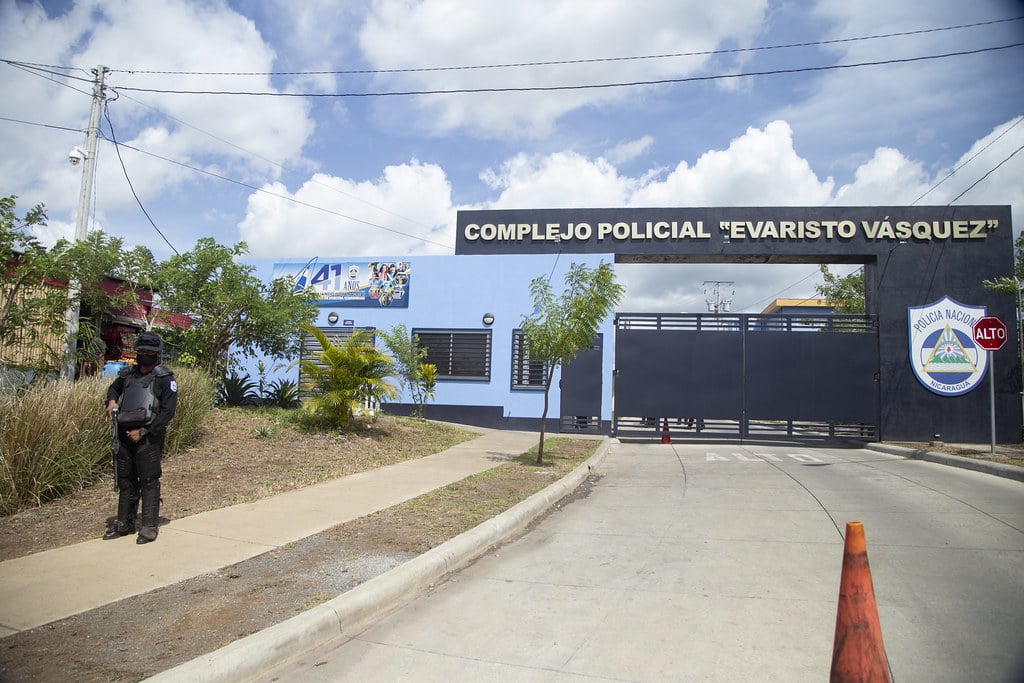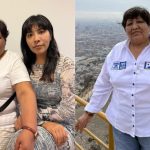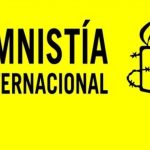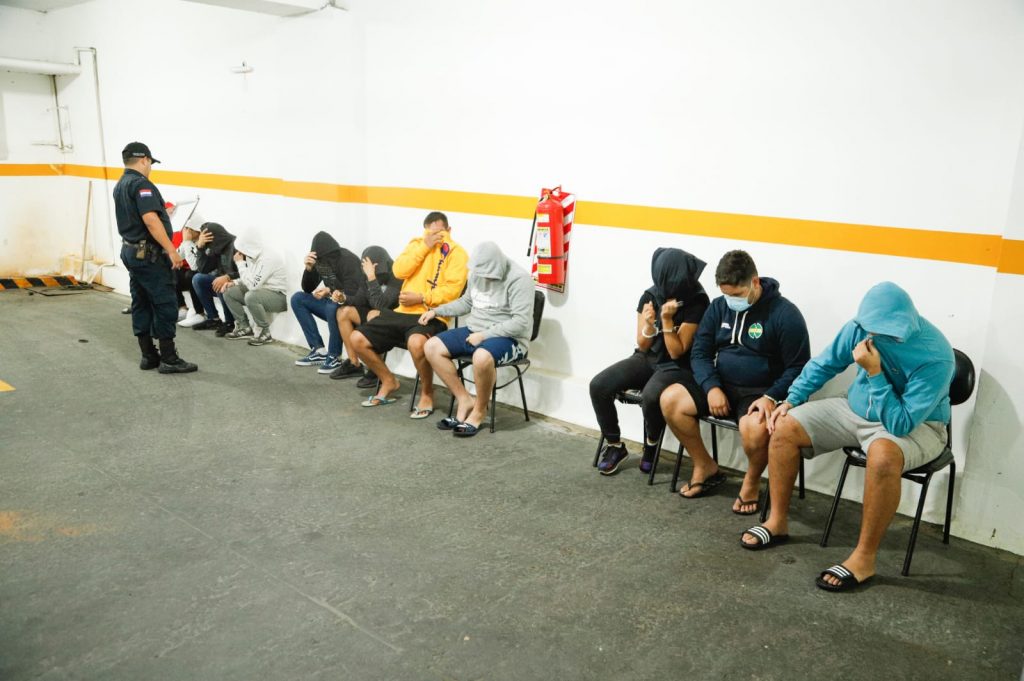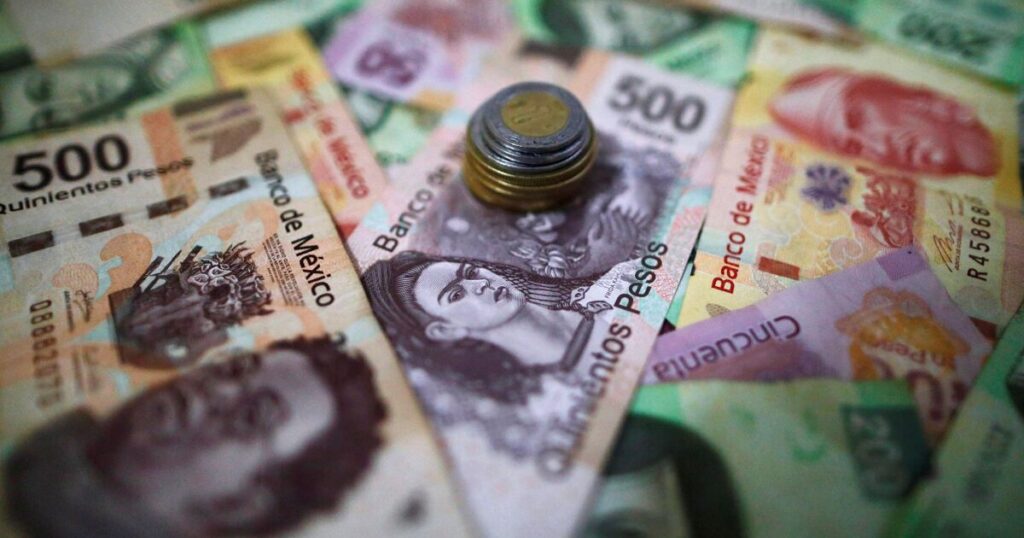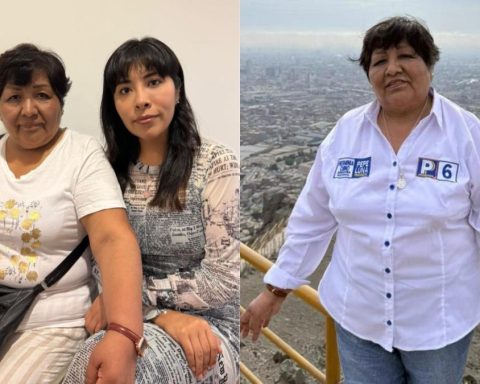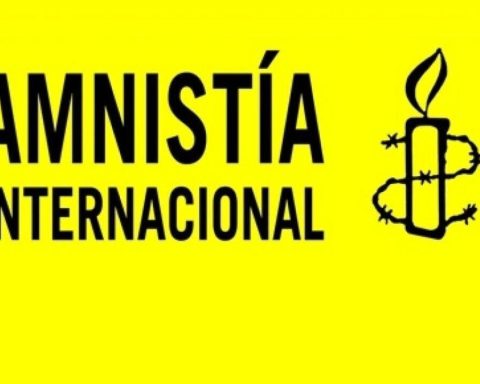Daniel Ortega’s regime continues to subject political prisoners, held captive in the Judicial Assistance Directorate (DAJ), known as El Chipote, to daily interrogations, despite the fact that they were sentenced to between seven and 13 years in prison.
For the human rights defender, Vilma Núñez, these interrogations “have no logical explanation” and, rather, are considered “mechanisms of torture to intimidate and keep prisoners terrified,” she said.
Since the prisoners of conscience were arrested, in the repressive escalation carried out months before the presidential elections, the relatives denounced the various violations against the process, which resulted in irregular political trials.
Most of these processes were based on accusations for the alleged crimes of “conspiracy to undermine national integrity” and for “propagation of false news”, criminal types created by the Dictatorship in 2020 in order to repress.
Lawyer Henry Salatiel López explained that the political prisoner may be subject to interrogations in the process, but only by the competent authorities such as the Judiciary and the Public Ministry, and must adjust to the different audiences, “it does not mean that automatically The defendant will be questioned, “he clarified.
“Technically, the interrogations that the Police are carrying out do not fit because the investigative part has already passed, it was when they were placed at the order of the Public Ministry, they formulated accusations and then, at the order of the judicial authority. There was already a sentence,” said López, who described the measure as illegal.
They seek to torment prisoners of conscience
Núñez considers that the authorities of El Chipote analyze the emotional situation of each political prisoner and seek ways to “torment” them because each questioning is to “deepen their situation of anxiety and insecurity in which they find themselves,” he said.
In the latest resolutions on precautionary measures granted to political prisoners, the Inter-American Commission on Human Rights (IACHR) maintains that the interrogations continue. Against some political prisoners, a greater cruelty is evident, since they question them several times a day, including at dawn, while others are questioned less frequently.
“The proposed beneficiary would have been subjected to constant interrogations during his detention, despite having already been sentenced”; “The interrogations would have intensified and would last longer and several times a day,” the IACHR points out in its resolutions.
According to Núñez, there is no recurring theme; They ask some if they will continue to dedicate themselves to politics, others about the general situation in the country, about the municipal elections and in some cases they talk about anything, they don’t ask them concrete facts. “They do not have investigative characteristics -the interrogations-, but it is definitely only to torment them, to torture them,” she said.
There are 28 political prisoners held in El Chipote, who are part of a group of 61 prisoners of conscience captured between May and November 2021. They are subjected to complete isolation, hunger, cold, limited medical attention, in addition to visits regulated on a whim. .
López agrees with Núñez that the interrogations at El Chipote are acts of torture, in which the political rights that any citizen has are also violated by asking them about their involvement in politics.
“This indicates that the regime of Daniel Ortega through the National Police continues to exercise acts of repression, acts of discrimination and acts of violation of human rights that materialize with psychological torture, due to these constant interrogations,” said López.
Lawyers remain incommunicado with political prisoners
After the political trials carried out in El Chipote, in which communication between defense attorneys and prisoners of conscience was reduced to minutes, they have not seen each other again, in clear violation of article 34 of the Political Constitution of Nicaragua, which indicates among the guarantees requirements of a process, that the person “has the right to communicate freely and privately with his defender.”
“That violation of that right also continues indefinitely, currently less so because there is no access to a hearing,” said attorney López.
The defenders have continued the route of justice in Nicaragua, and appealed the judicial ruling against the prisoners of conscience to the Court of Appeals of Managua (TAM), which has responded by ratifying the sentences issued by the battery of judges aligned with the Sandinista Front, and Currently, they begin the cassation process, which implies the evaluation of the Supreme Court of Justice on the processes of political prisoners.
